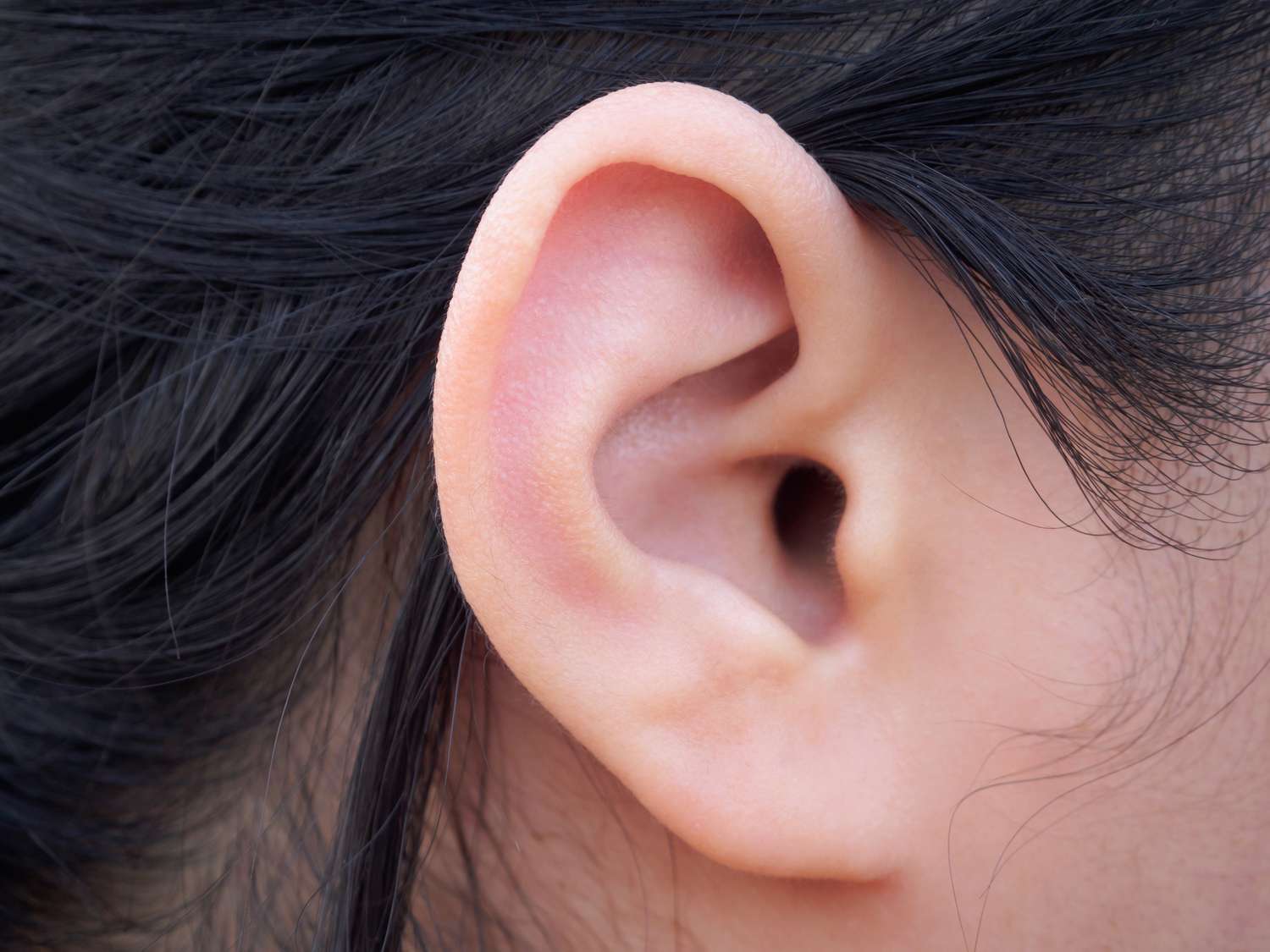
Middle ear infections, also known as otitis media, can be a real pain, especially for kids. Did you know that nearly five out of six children will have at least one ear infection by their third birthday? These infections happen when fluid builds up behind the eardrum, often due to colds or allergies. Symptoms can include ear pain, trouble hearing, and even fever. But what causes these pesky infections, and how can they be treated? Understanding the basics can help you manage and prevent them. Let's dive into 18 facts about middle ear infections that will help you keep those ears healthy and happy.
What is a Middle Ear Infection?
Middle ear infections, also known as otitis media, are common, especially in children. They occur when the area behind the eardrum becomes inflamed due to bacteria or viruses. Here are some intriguing facts about this condition.
-
Common in Children: Middle ear infections are more frequent in children because their Eustachian tubes are shorter and more horizontal, making it easier for bacteria to reach the middle ear.
-
Symptoms: Typical symptoms include ear pain, difficulty hearing, fluid drainage from the ear, and sometimes fever.
-
Causes: Bacteria and viruses are the primary culprits. Common cold viruses often lead to these infections.
-
Risk Factors: Children in daycare, those exposed to tobacco smoke, and those with allergies are at higher risk.
How Are Middle Ear Infections Diagnosed?
Doctors use several methods to diagnose middle ear infections. Understanding these can help you know what to expect during a visit to the doctor.
-
Otoscope Examination: Doctors use an otoscope to look inside the ear. They check for redness, swelling, and fluid.
-
Tympanometry: This test measures the movement of the eardrum to see if there is fluid in the middle ear.
-
Hearing Tests: Sometimes, hearing tests are conducted to determine if the infection has affected hearing.
Treatment Options for Middle Ear Infections
Treatment varies based on the severity and cause of the infection. Here are some common approaches.
-
Antibiotics: Bacterial infections are often treated with antibiotics. However, they are not effective against viral infections.
-
Pain Relievers: Over-the-counter pain relievers like ibuprofen or acetaminophen can help alleviate pain.
-
Warm Compress: Applying a warm compress to the affected ear can provide some relief.
-
Watchful Waiting: In some cases, doctors recommend waiting a few days to see if the infection clears up on its own.
Complications of Middle Ear Infections
While most middle ear infections resolve without issues, complications can arise, especially if left untreated.
-
Hearing Loss: Temporary hearing loss is common, but chronic infections can lead to permanent damage.
-
Eardrum Rupture: Pressure from fluid buildup can cause the eardrum to rupture, leading to pain and drainage.
-
Mastoiditis: This is a rare but serious infection of the mastoid bone behind the ear.
-
Chronic Otitis Media: Repeated infections can lead to chronic otitis media, requiring more intensive treatment.
Prevention Tips for Middle Ear Infections
Preventing middle ear infections can save a lot of pain and trouble. Here are some effective strategies.
-
Vaccinations: Keeping up with vaccinations, like the flu shot and pneumococcal vaccine, can reduce the risk.
-
Breastfeeding: Breastfeeding for at least six months can help boost a baby’s immune system.
-
Avoid Smoke: Keeping children away from tobacco smoke can significantly lower their risk of infections.
Final Thoughts on Middle Ear Infection
Middle ear infections, or otitis media, are common, especially in young children. They can cause pain, fever, and trouble hearing. Most infections clear up on their own, but sometimes antibiotics are needed. Keeping kids' ears dry and avoiding secondhand smoke can help prevent infections. If symptoms persist or worsen, it's important to see a doctor. Early treatment can prevent complications like hearing loss. Understanding the signs and knowing when to seek medical help can make a big difference. Remember, ear infections are usually treatable and manageable with the right care. Stay informed, keep an eye on symptoms, and don't hesitate to consult a healthcare professional when needed. Your child's ear health is crucial for their overall well-being.
Was this page helpful?
Our commitment to delivering trustworthy and engaging content is at the heart of what we do. Each fact on our site is contributed by real users like you, bringing a wealth of diverse insights and information. To ensure the highest standards of accuracy and reliability, our dedicated editors meticulously review each submission. This process guarantees that the facts we share are not only fascinating but also credible. Trust in our commitment to quality and authenticity as you explore and learn with us.


